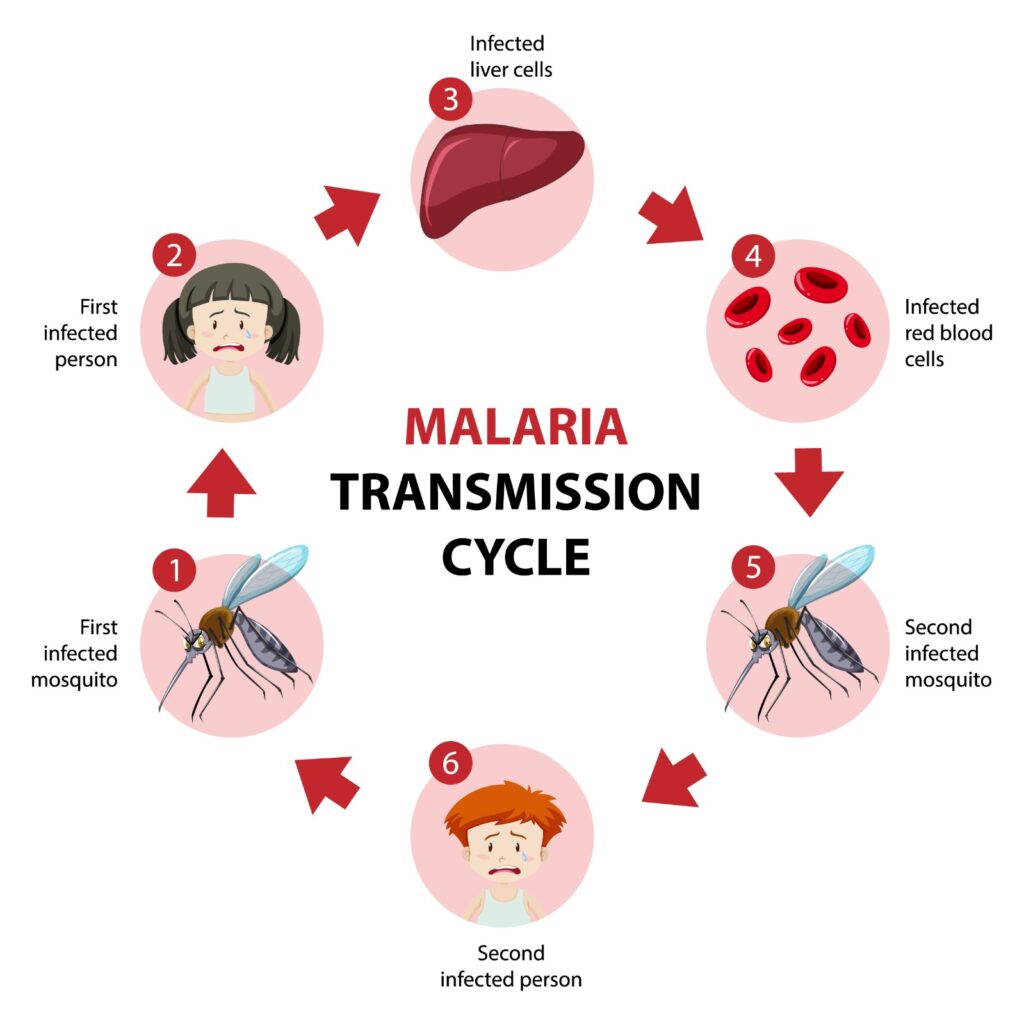Malaria Treatment in Pathardi Phata Nashik Webpage Content
What is malaria?
Malaria is a life-threatening disease caused by parasites transmitted through the bites of infected female Anopheles mosquitoes. While it is preventable and treatable, timely diagnosis and treatment are crucial to avoid serious complications.
At Platinum Hospital, we offer advanced, effective, and compassionate malaria treatment in Pathardi Phata, Nashik, under the care of Dr Tushar Kanawade, a trusted general physician known for his expertise in infectious disease management.
Common Symptoms of Malaria
Recognising early symptoms can save lives. Look out for:
- High fever with chills and shivering
- Profuse sweating after fever subsides
- Headache and body aches
- Fatigue and weakness
- Nausea, vomiting, or diarrhea
- Muscle and joint pain
- Abdominal cramps
- Rapid heartbeat or breathing
- Anemia (low red blood cell count)
- Jaundice (yellowing of eyes/skin in severe cases)
Don’t ignore fever in malaria-prone areas. Seek medical attention promptly.

Causes of Malaria
Malaria is caused by Plasmodium parasites, and the most common types in India are:
- Plasmodium falciparum—can be severe or fatal
- Plasmodium vivax—causes relapsing malaria
- Plasmodium malariae
- Plasmodium ovale
- Plasmodium knowlesi (rare)
The parasites are transmitted when an infected mosquito bites a person. It injects the parasites into the bloodstream, which travel to the liver and multiply before infecting red blood cells.
Malaria Diagnosis at Platinum Hospital
We use the most accurate and rapid diagnostic tools to confirm malaria:
- Blood Smear Test – Gold standard for detecting malaria parasites
- Rapid Diagnostic Tests (RDTs) – Quick, on-the-spot results
- CBC (Complete Blood Count) – To check for anemia or infection
- Liver and kidney function tests – In severe cases
Malaria Treatment in Pathardi Phata Nashik
Dr. Tushar Kanawade, the general physician, offers personalized malaria treatment depending on the type of parasite and the severity of infection:
🩺 Treatment Plan Includes:
- Antimalarial Medication: Based on parasite type (e.g., Artemisinin Combination Therapy, Chloroquine, etc.)
- Fever Management: Paracetamol and hydration
- Hospitalization: In moderate to severe cases
- IV Fluids & Supportive Care: For complicated malaria
- Monitoring & Follow-ups: Ensuring complete recovery
Early diagnosis + Right treatment = Full Recovery
Trust Dr. Tushar Kanawade and our dedicated team for safe and effective malaria treatment.
Why Choose Platinum Hospital, Pathardi Phata?
✅ Expert Care from Dr. Tushar Kanawade
✅ Advanced Diagnostic & Treatment Facilities
✅ 24/7 Emergency Care
✅ Patient-Friendly Environment
✅ Affordable & Transparent Billing
✅ Convenient Location in Pathardi Phata Nashik
Malaria Prevention Tips
- Use mosquito repellents (creams, sprays, coils)
- Sleep under mosquito nets, especially in rural areas
- Wear full-sleeved clothes at night
- Keep surroundings clean and dry
- Avoid stagnant water near your home
- Use mosquito screens on windows and doors
- Get preventive medications if traveling to high-risk areas
Frequently Asked Questions (FAQs)
No. Malaria does not spread from person to person like the flu or cold. It spreads only through mosquito bites.
Symptoms usually appear 10–15 days after the mosquito bite. In some cases, it may take longer depending on the parasite type.
Yes, especially in Plasmodium vivax and P. ovale infections. That’s why completing the full course of treatment is crucial.
Yes. They are at higher risk for complications and should seek immediate medical attention.
It usually takes 3 to 7 days, depending on the severity and type of malaria. Hospitalization may be needed in some cases.
Yes. Consult your doctor for preventive medicine (chemoprophylaxis) and follow mosquito protection measures

